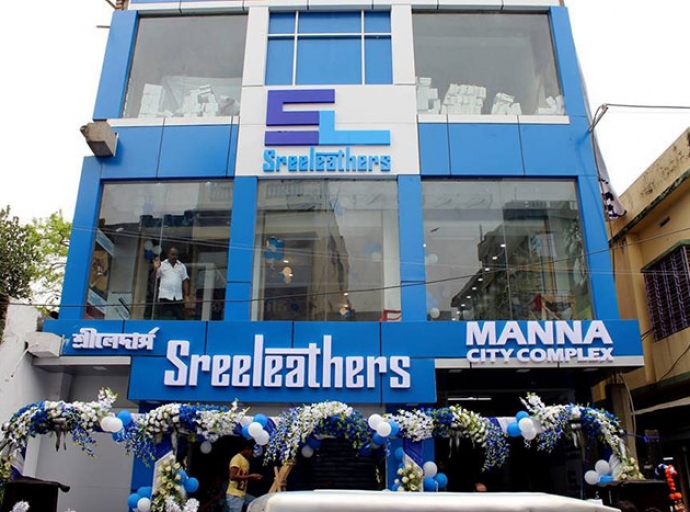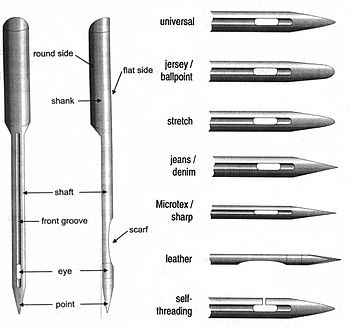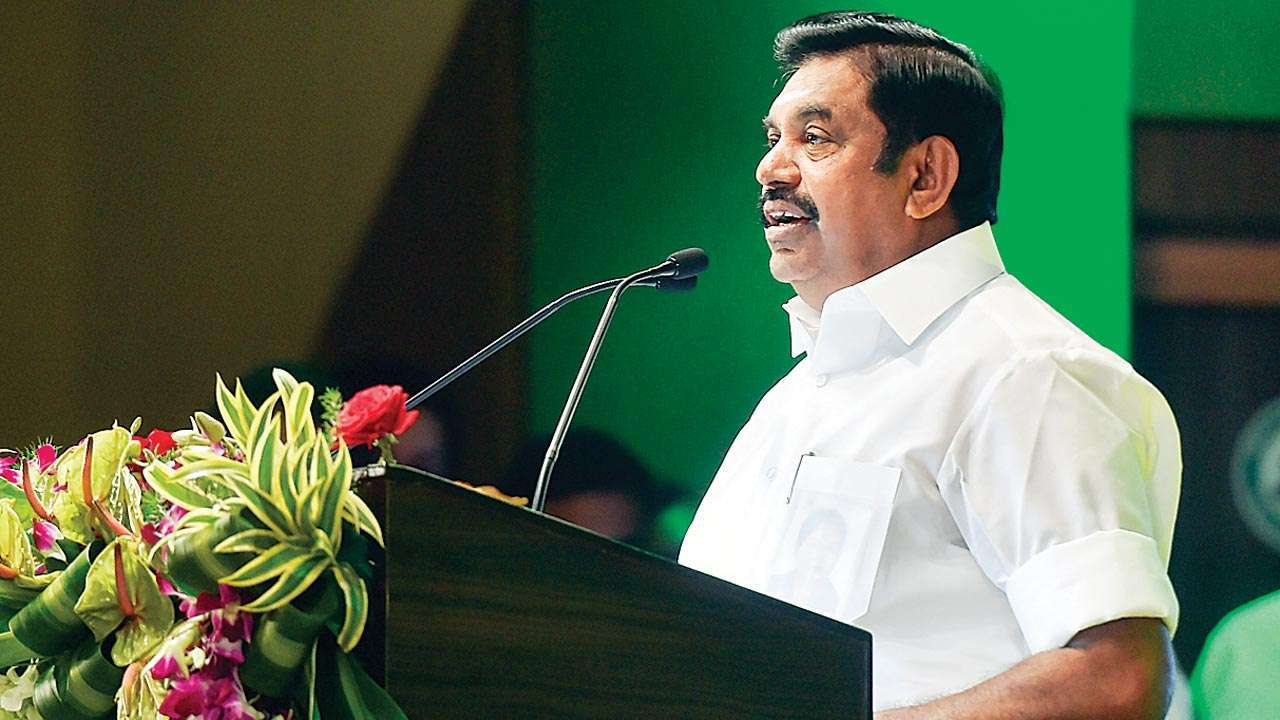1st Sep 2021, Mumbai:
Donear Group, a major textile company, has announced the acquisition of RSWM's global distribution network for Mayur Fabrics and PV Suiting. Donear Group's comprehensive product portfolio and global increased geographical reach will be strengthened as a result of the acquisition.
Financial specifics, on the other hand, have yet to be revealed. Donear Group, which has a significant presence in more than 30 countries, has made its third acquisition in less than three years, bolstering its conglomerate status with a large distribution and retail network. Kenneth Cole, Marks & Spencer, Perry Ellis, Ann Taylor, and H&M are just a few of the world's leading fashion labels that employ Mayur Fabric.
Furthermore, the PV Suiting distribution network resulting from RSWM's presence in international markets will assist Donear in increasing its proportionate market share. Notably, RSWM's PV Suiting distribution network has made significant progress in the UK and the Middle East, paving the way for Donear Group to establish a major presence in these markets. “Sabka Saath, Sabka Vikas is not only a motto for us, but it is also a way of life at Donear,” said Rajendra Agarwal, Promoter & MD of Donear Group in a statement. We've set a goal for ourselves of long-term/ growth, and we're working toward it as a team and as a family. Since I began doing business, I've had the opportunity to contact the LNJ family. I, too, am delighted to turn this firm off to Donear Group.” I'm overjoyed with the purchase.
“It's quite exciting and inspiring for us to focus on our own businesses, which are yarn and fabrics, respectively,” said Rahul Rajendra Agarwal, Director, Donear Group. We are committed to building on the Mayur brand and making it an integral part of the Donear Group, with the goal of taking it to the next level of success.” “We want to expand from strength to strength with Mayur and PV Suiting on our side, substantiating our vision of rising tall as a textile and apparel worldwide conglomerate,” he added. This highly scalable and long-term infusion will serve as our next major growth engine, allowing us to diversify our portfolio and increase our market share in branded fabrics.”
“We have a large market share since we have other brands like GRADO and OCM working under our Group,” said Ajay Agarwal, ED, Donear Group. Having Mayur Fabrics and PV Suiting as part of our distribution network would position us as a textile and apparel behemoth, enabling both our clients and retailers.” “It is a matter of pride for us that the Mayur brand is now a part of the Donear Group,” said Riju Jhunjhunwala, Joint MD and CEO of RSWM Ltd. We couldn't have chosen a finer organization to leave our legacy to than Donear. I've seen how Donear has taken over other brands, how he's nurtured and helped other brands succeed in the past.”
Watch YouTube: https://www.youtube.com/channel/UCnQ6v9wBHyOlRPSDgJMsJaA


_thumbnail.png)

_thumbnail.png)

_thumbnail.png)
_thumbnail.png)

_thumbnail.png)

_thumbnail.png)


_thumbnail.png)

_thumbnail.png)
_thumbnail.png)























